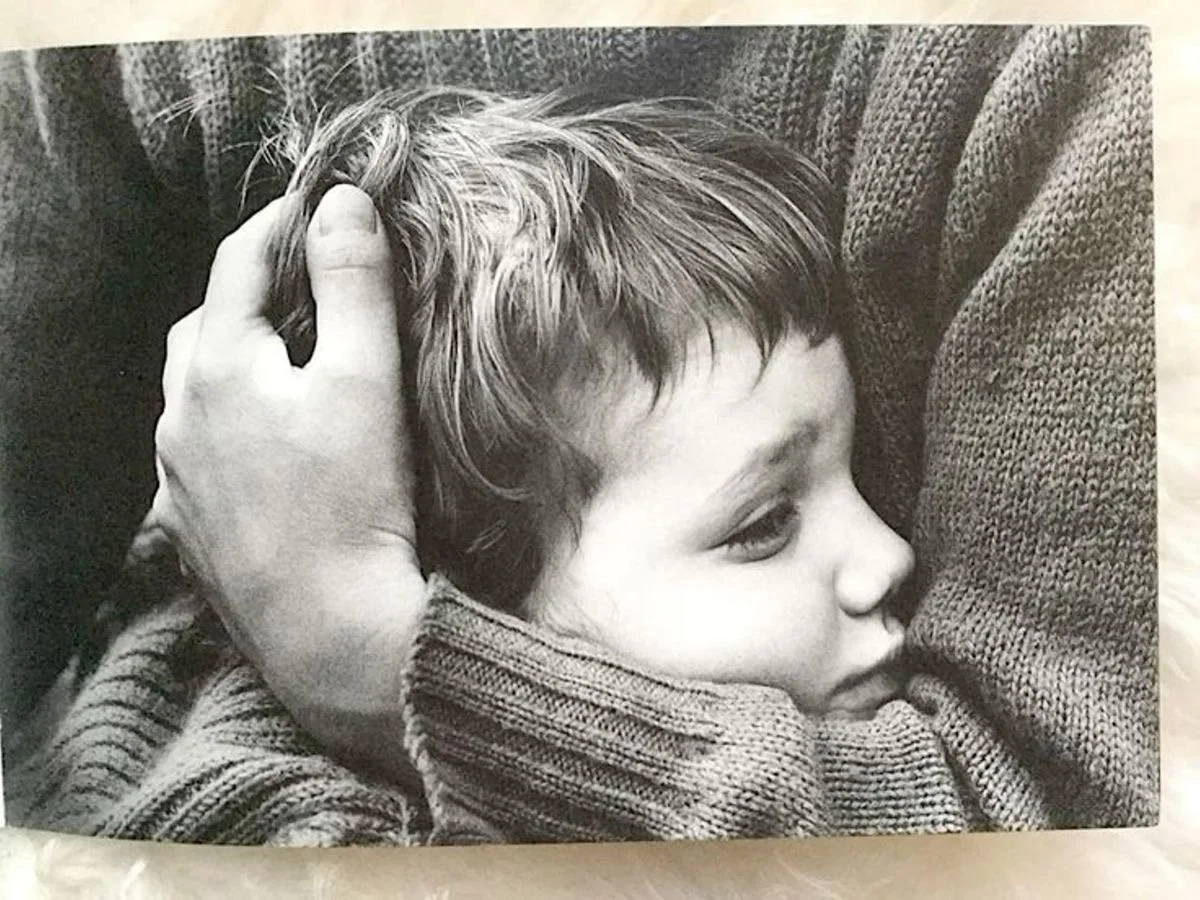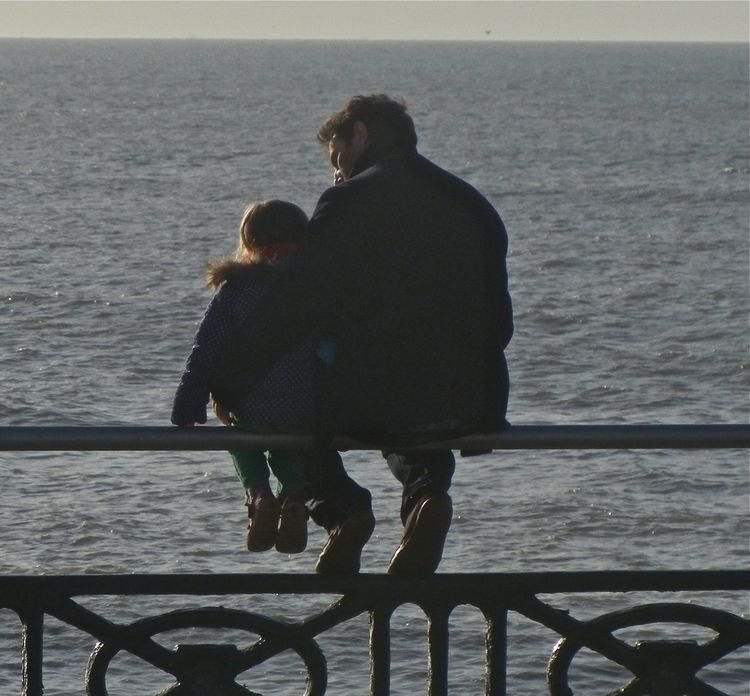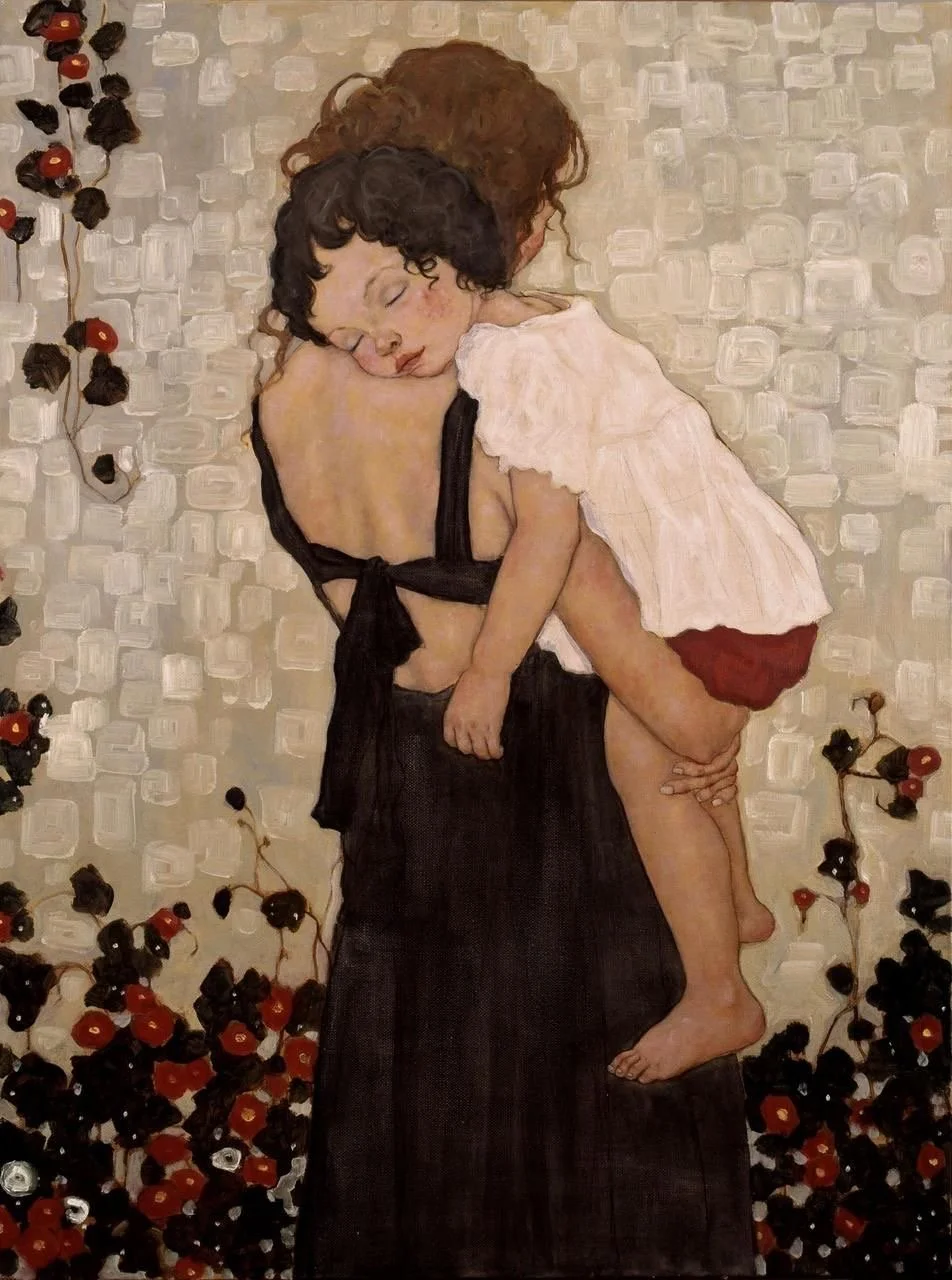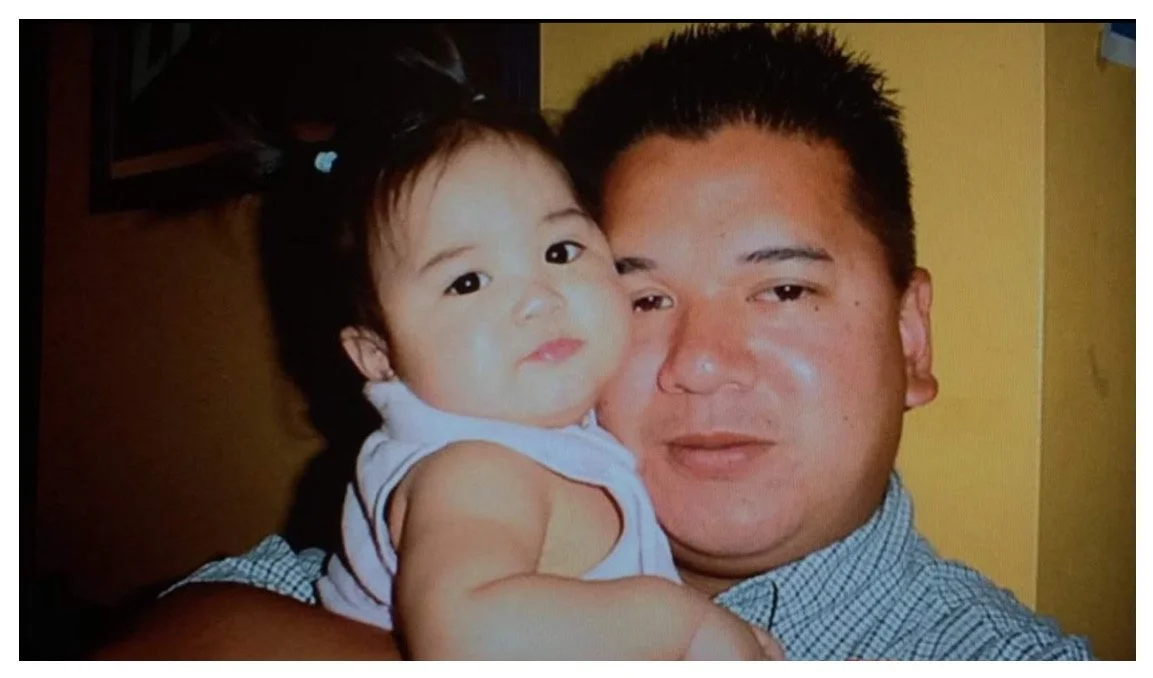How to Love Your Parents When it’s Hard
Via Pinterest
Dearest reader,
I am the luckiest girl alive to be the daughter of a hardworking father and a resilient mother. With the love and guidance of my parents, I would not be who I am today, blessed with many opportunities they never had. In no way, shape, or form am I saying that my parents are hard to love or anyone's parents, of that matter. Rather, I am acknowledging the fact that there have been moments when I had emotional blockage that hindered my ability to love my parents fully. This blockage was stemming from my own trauma and my own sufferings. Most of my sufferings healed when I faced this hard truth.
I had to let go of who I wanted my parents to be and let them be who they are.
We have to understand that our parents did not stop being human beings the day they welcomed a child into this world. Like us, they are human beings susceptible to being wrong, making mistakes, not knowing any better, and being imperfect.
Growing up, we understand our parents as people who are supposed to guide us, take care of us, and be there when we need them. They are the only people whom, as children, we automatically trust without any reasoning. When moments arose in our adolescence where they broke that trust, we started to develop deep traumas that never healed, causing an accumulation of built-up traumas. Whenever we become triggered, we are reminded of when our parents broke our trust as children. When we are faced with altercations with our parents as adults, we revert to the age we were when they first broke that trust.
The problem is that children have not developed the emotional maturity to rule out the fact that their parents are human beings with their own set of battles and sufferings. Children also cannot decipher that their parents might be hurting too, as adults tend to mask their emotions around children, especially their own. So, as children, we grow up believing that they must not have loved or truly cared for us, which leads me to my next hardest truth.
Sometimes it’s not that our parents do not love us, sometimes they just don’t know how.
To love our parents better, we must abandon our expectations of who they “should be” or what we think they “should already know.” We can’t expect them to know how to love us fully, especially if they have never been loved fully before. Our parents had parents, too. Most of the time, if our parents experienced trauma from their parents that they never healed from, they carry on that pain to their children. This is what we call generational trauma. The only way you can end generational trauma is when you decide to heal your own trauma so you don’t pass it on. Healing your generational ties to trauma is not an easy journey at all. But to start, you need to practice a deep understanding of your parents' pains and traumas so that compassion can arise.
When we respond with frustration and anger, we hinder our chances of compassion arising. This is why, before we respond, we must acknowledge our feelings of discomfort and tend to them first. A significant portion of learning how to love our parents better stems from learning how to love ourselves better. You can only love as deeply as you love yourself. Practicing mindfulness and self-awareness is key when facing the vulnerable parts of ourselves. Most people do this, with meditation or journaling. I can make a separate blog post about it if you guys are interested, just leave a comment below. However, if we are not mindful or aware of our anger, we can create a bigger problem if we trigger someone else with our suffering. To truly solve the problem, we must be calm and patient with our loved ones. Remember that neither you nor your parent is the issue. The problem at hand is the real issue. Along with the unspoken pain and trauma that both parties are not communicating. When you have calmed down your anger with a clear mind, try to respond like this:
“Father/Mother, is there something that you wish I understood more about you that is causing you pain? I will listen to you if you are willing to share how to love you better.”
This starts the conversion with openness and shows that you are trying to understand your parent, not fight with them. This brings about the opportunity to find the underlying cause of the sufferings and trauma.
I did this once with my father when we were both calm and eating brunch at Broken Yolk. It was a rainy day, and I was attempting to drive my car from Los Angeles to San Diego with a bald tire. You could visibly see the thread sticking out. He was so annoyed and mad LOL. We decided to get food after our stressful Sunday morning.
As we were sitting down talking, I asked him where his anger was stemming from. Out of respect for my father, I will not share his answer, but very generally say that his pain was coming from longing for love growing up. He saw her peers and friends with so much love, and he was jealous and upset. He did so much work to heal that part of him before I was born, and I am so proud of him. But now whenever we bicker or disagree, I just see the five-year-old version of my dad that just needs a hug. So I hug him whenever he lets me HAHAH! He is NOT a physical touch person.
But the important part is that his willingness to be vulnerable and honest with me about where his pain is coming from allowed me to build compassion towards my father. However, it took me to face my own trauma and sufferings first to create a space where my dad felt comfortable enough to share his pain with me.
My papa and I when I was a baby <3
Deep love and understanding come with building courage and embracing vulnerability. Please be super kind and soft with yourself when you are on a journey to figure out how to love yourself and your loved ones better. It takes facing your fears and navigating intense and complex feelings. But embark on your journey anyway. Because I can say from my most tender experiences, the love that comes after the pain is the most beautiful human feeling we can feel as a collective.



